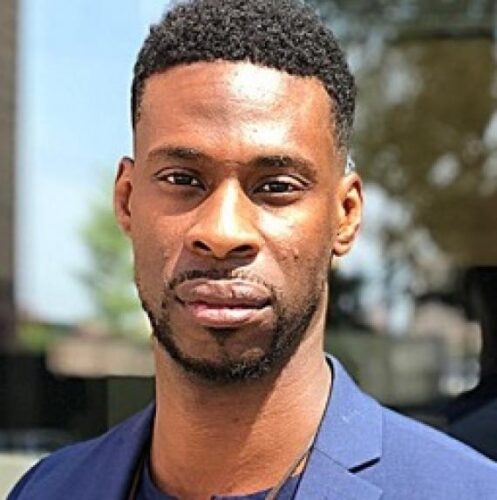Marlon Peterson is the host of the Decarcerated Podcast. He is also the founder of The Precedential Group, a social justice consulting firm, and a 2015 recipient of the Soros Justice Fellowship. Named one of the 100 most influential and inspiring leaders in the Black community by Ebony magazine, he is also a former Aspen Ideas Festival Scholar and TED Resident. His TED talk, Am I Not Human? A Call for Criminal Justice Reform, has over one million views. He spent his 20s inside of New York State prisons for his involvement in a crime as a teenager. During his incarceration, he helped launch a correspondence mentorship program with middle school students that led to the creation of H.O.L.L.A. (How Our Lives Link Altogether). Since his release from prison in 2009, he has served as director of Community Relations at The Fortune Society, associate director of the Crown Heights Community Mediation Center (renamed Neighbors in Action), and founding coordinator of Youth Organizing to Save Our Streets. He serves as board chair of Families For Freedom and a board member of New Yorkers Against Gun Violence. He is a graduate of New York University.

Marlon Peterson
Board Member